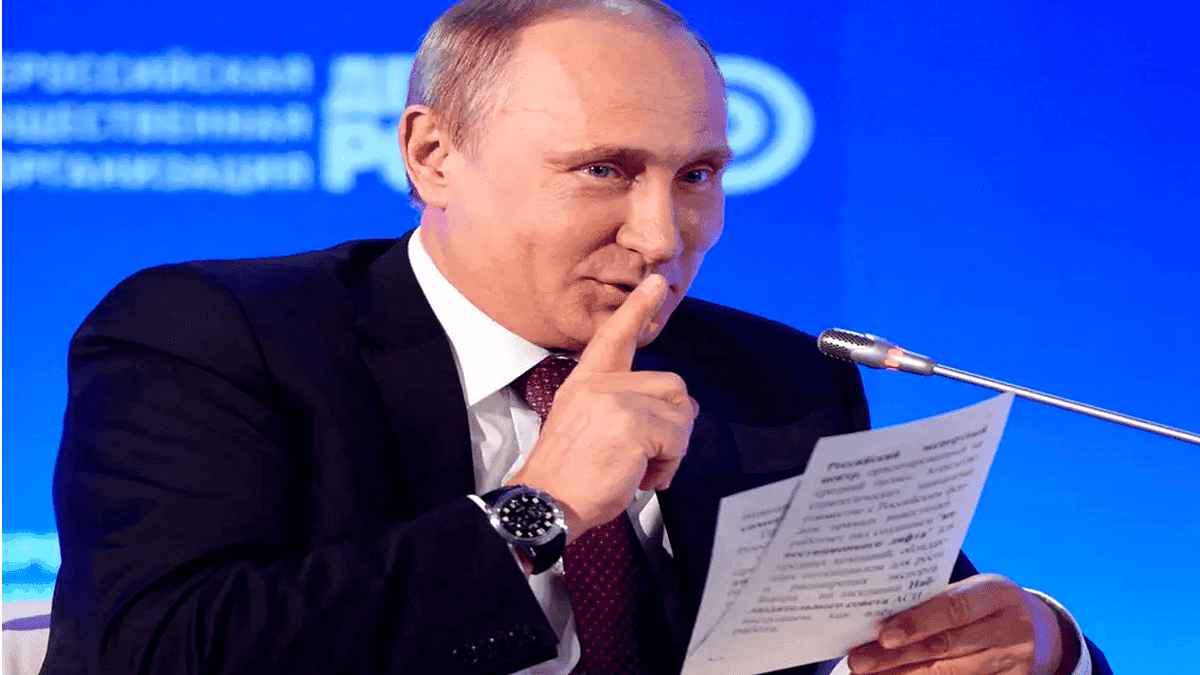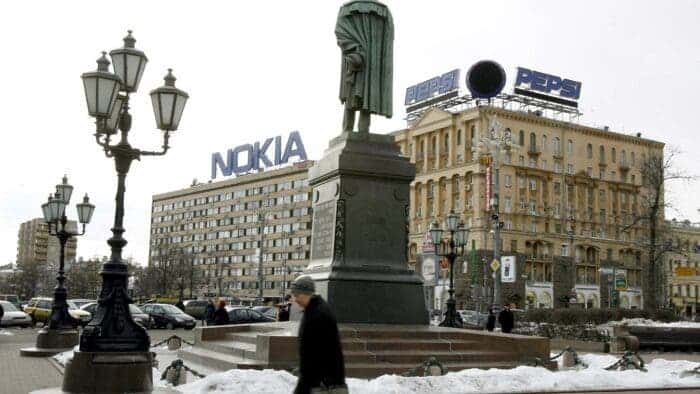Many western companies have already withdrawn from the Russian market. There are various reasons behind such decisions. We mean some leave Russia because their governments have requested to act so, while others can’t continue their normal operation due to sanctions. The next set of companies that are going to leave Putin’s country includes Ericsson and Nokia. As Reuters reported earlier today, these firms will gradually reduce their business activities in Russia in the next few months.
Further reading: Russia Will Skip 5G And Develop Its Own 6G Network
Back in April, Ericsson announced that it would suspend operations in Russia indefinitely. As for Nokia, it made a stricter decision, saying it would exit the country entirely.

“By the end of the year, the vast majority of our employees in Russia will have moved on from Nokia, and we have vacated all of our offices,” a Nokia spokesperson said on Monday. “We will retain a formal presence in the country until the legal closure is completed.”
Nokia and Ericsson Announced Their Decisions Earlier
Ericsson has already put Russian employees on paid leave earlier this year. It provided about $95 million in the first quarter for asset impairments and other special costs related to the move. This firm has around 400 employees in Russia. It issued a statement saying it would provide financial support to those affected.
In its turn, Nokia has about 2,000 employees in Russia. The company said its remaining activities in Russia were related to limited maintenance of critical networks to meet its contractual and humanitarian obligations.
Kommersant first reported Ericsson’s exit and stated that some of its support staff would be transferred to a new company established by Russian executives. Ericsson did not comment on this.
Once Ericsson and Nokia fully withdraw from Russia, the country’s mobile operators, MTS and Tele2, will rely more on Chinese companies such as Huawei and ZTE. The mentioned two Russian carriers didn’t comment as well.
Featured image credit





